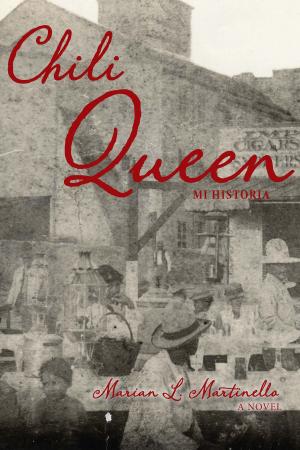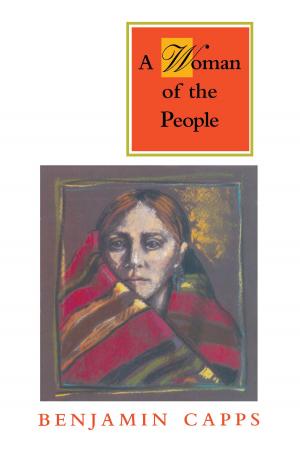Food and Philosophy
Selected Essays
Nonfiction, Food & Drink, Food Writing, Religion & Spirituality, Philosophy| Author: | Spencer Wertz | ISBN: | 9780875656441 |
| Publisher: | TCU Press | Publication: | February 8, 2017 |
| Imprint: | Texas Christian University Press | Language: | English |
| Author: | Spencer Wertz |
| ISBN: | 9780875656441 |
| Publisher: | TCU Press |
| Publication: | February 8, 2017 |
| Imprint: | Texas Christian University Press |
| Language: | English |
These essays on food and philosophy were written over several decades. Not only philosophers and historians but individuals who have an ongoing interest in food should relish them. The essays cover wide-ranging topics that include genetically modified organisms, chocolate and its world, food as art, the pornography of food, and the five flavors of Chinese cuisine. In addition, there are several chapters that deal with the refinement of erudite (professional) cuisine from popular (regional) cuisine in the seventeenth and eighteenth centuries in Europe. One chapter stands alone as an analysis of the Native American cultural foundations of maize. The book opens with an essay on the philosophy of food history that addresses three fundamental problems: the duplication of sensations and taste, the understanding of recipes from other historical periods, and the sorts of judgments that are included or excluded in a historical narrative. The book ends with an exposition of R. G. Collingwood’s anthropology of eating and dining, which completes the discussion with an analysis of the magical symbolism of those cultural activities.
These essays on food and philosophy were written over several decades. Not only philosophers and historians but individuals who have an ongoing interest in food should relish them. The essays cover wide-ranging topics that include genetically modified organisms, chocolate and its world, food as art, the pornography of food, and the five flavors of Chinese cuisine. In addition, there are several chapters that deal with the refinement of erudite (professional) cuisine from popular (regional) cuisine in the seventeenth and eighteenth centuries in Europe. One chapter stands alone as an analysis of the Native American cultural foundations of maize. The book opens with an essay on the philosophy of food history that addresses three fundamental problems: the duplication of sensations and taste, the understanding of recipes from other historical periods, and the sorts of judgments that are included or excluded in a historical narrative. The book ends with an exposition of R. G. Collingwood’s anthropology of eating and dining, which completes the discussion with an analysis of the magical symbolism of those cultural activities.















